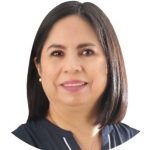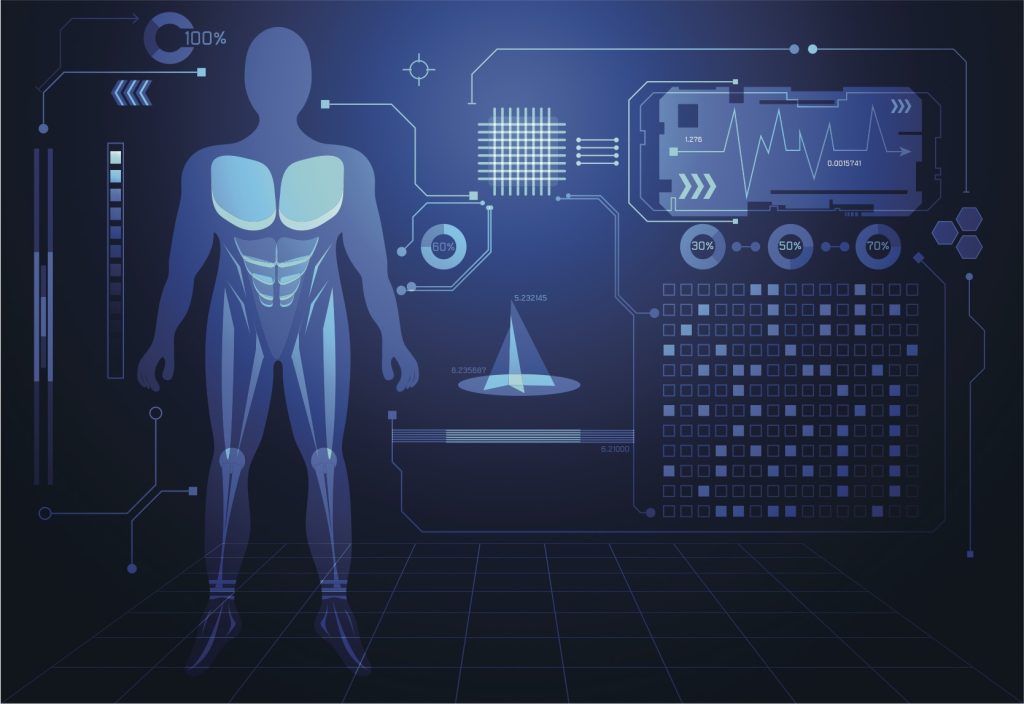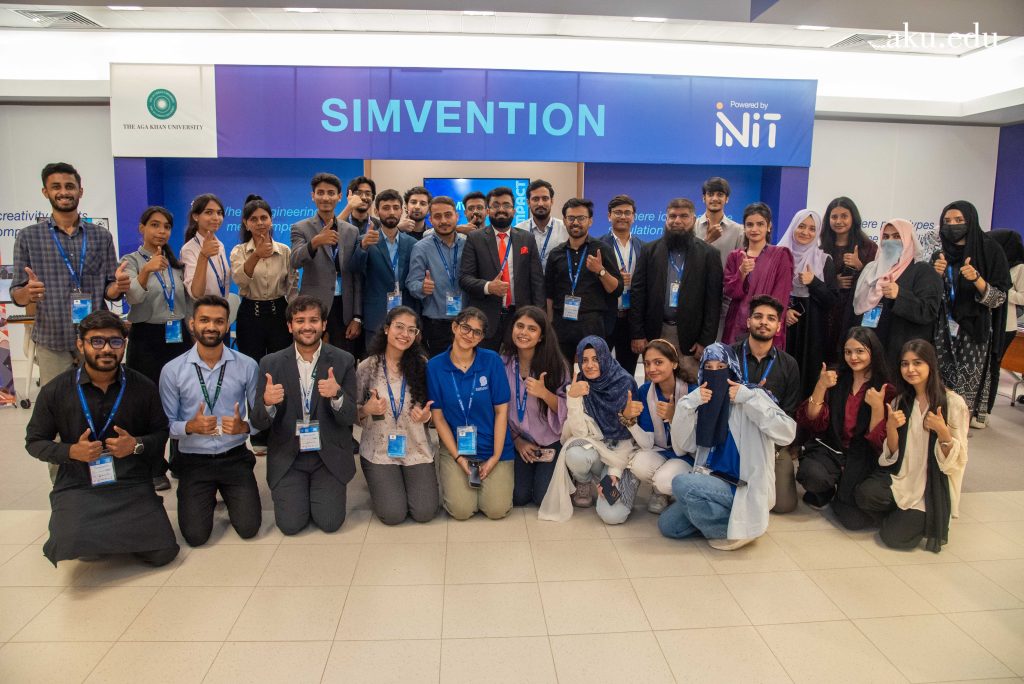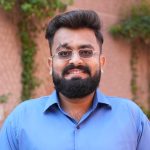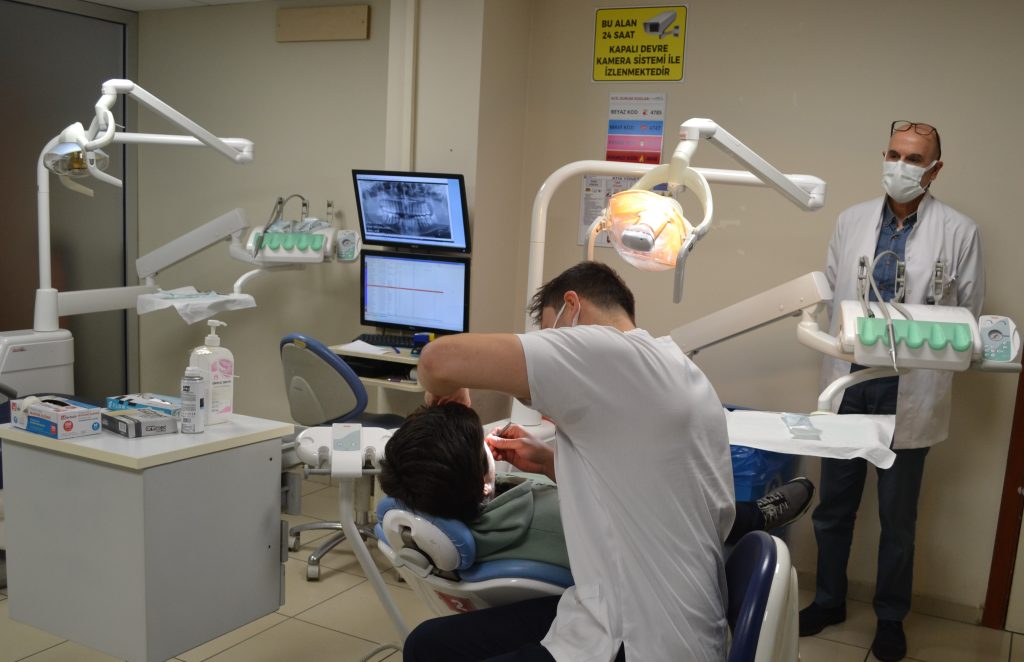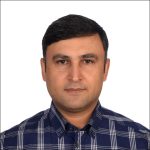Celebrating two decades of innovation, the Clinical Skills and Multidisciplinary Simulation Center at Tbilisi State Medical University marked its 20th anniversary with an international conference, spotlighting its role in medical education and a new vision for collaboration across borders. Ulufer Sivrikaya describes her experience as an international invited speaker
Clinical Simulation in Georgia: A 20-Year Milestone for TSMU’s Innovative Education Center
Celebrating its 20th anniversary on October 16, 2024, the Clinical Skills and Multidisciplinary Simulation Center at Tbilisi State Medical University (TSMU) marked a momentous milestone—and I had the honor of being part of it. Invited as a speaker by Rector Professor Irakli Natroshvili and Professor Irma Manjavidze, the center’s director, I joined a vibrant gathering of academics, staff, and students from TSMU and universities across Georgia for a two-day conference celebrating the center’s journey and vision.
The event opened with Professor Natroshvili’s welcome, followed by an inspiring presentation by Professor Manjavidze on the center’s evolution and role in shaping medical education in Georgia. We were also greeted by a video message from Pier Luigi Ingrassia, President of the Society for Simulation in Europe (SESAM), which set the stage for the discussions to come. In my talk, I introduced SESAM’s Communities of Practice (CoPs) and shared the vision for a new CoP that would connect healthcare simulation experts from countries near Europe and Western Asia. The goal? To spark collaboration, knowledge sharing, and the exchange of best practices and participation in research studies across borders—an initiative that resonated with many in the audience.

Advancement of clinical simulation: a national effort
The conference was rich in content, with key presentations from Georgian educators like Karlo Matitaishvili, Vice Dean of the Medical School at Georgian American University, and Sopho Beridze from Shota Rustaveli State University Batumi, each sharing their achievements in simulation-based education. The event also featured a medical technology exhibition, where educators could connect, exchange insights, and explore the latest in simulation technology, a lively hub of learning and networking.
Before the conference began, I was warmly welcomed at the Clinical Skills and Multidisciplinary Simulation Center itself, guided by Professor Manjavidze and her dedicated team. “Our center was established in 2004 to address the need for hands-on simulation in contemporary medical education,” Professor Manjavidze explained. “Our mission is to enrich the educational experience and prepare students for the demands of real-world healthcare. Our interdisciplinary training model includes Pediatrics, Neonatology, Obstetrics and Gynecology, Internal Medicine, Midwifery, and Nursing, cultivating a collaborative mindset in future professionals.” Seeing this approach in action was a highlight, as it clearly strengthens teamwork and enhances patient care standards.
Later, Professor Manjavidze and I met with Rector Natroshvili and other TSMU leaders to explore future collaboration. Together with Vice Rectors Professor Rusudan Rukhadze and Professor Sophia Bakhtadze and the Dean of the Faculty of Medicine, Professor Tinatin Tkemaladze, we discussed fostering a new SESAM CoP to enhance resource-sharing and deepen partnerships—a dynamic, productive meeting that left me energized about the possibilities ahead.

What I Take Home
This visit to Tbilisi was more than just a conference; it was a journey into the heart of a community dedicated to pushing the boundaries of medical education. The TSMU Simulation Center’s commitment to excellence left a lasting impression on me, showcasing how simulation can improve clinical skills training. My deepest thanks go to Professor Manjavidze, whose warm invitation allowed me to experience not only TSMU’s impressive facilities but also the rich culture, history, and unforgettable hospitality of Georgia.
READ ALSO


































